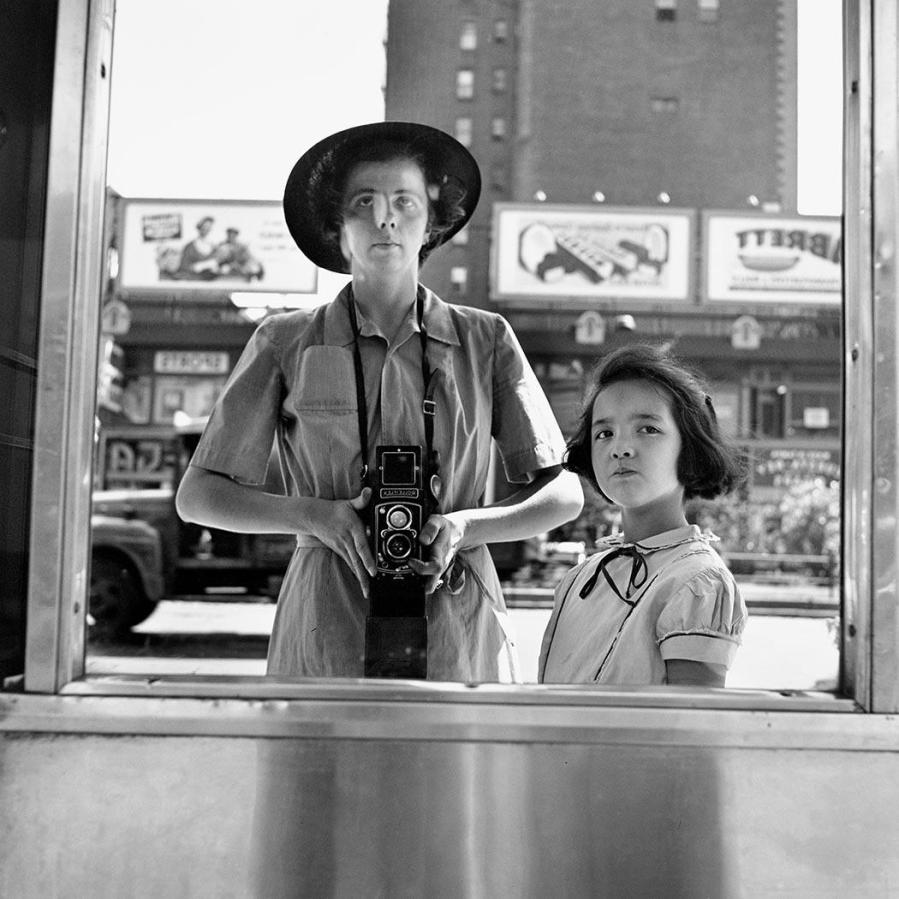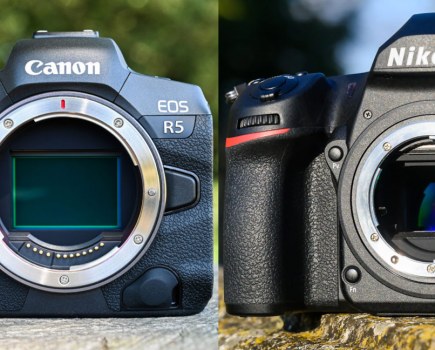Work hard at photography but don’t get paralysed by self criticism or inertia, says Geoff Harris. Learn from the poignant story of Vivian Maier and push your work out there so others can enjoy it – otherwise it might get lost forever
One of the most exciting things about photography is that great work still gets discovered posthumously, the best example of recent years being street photographer Vivian Maier. To recap briefly, Maier was a highly enigmatic French/US image maker who remained unknown during her lifetime (1926-2009).
She worked as a nanny for affluent families around Chicago, taking photos during her time off, and her genius was only discovered by chance when a curious young guy called John Maloof picked up boxes of her negatives and undeveloped film at an auction.
I watched the highly recommended documentary Finding Vivian Maier again last week and learned several salutary lessons (it’s on Amazon Prime and you can find out more about Vivian on this excellent website).
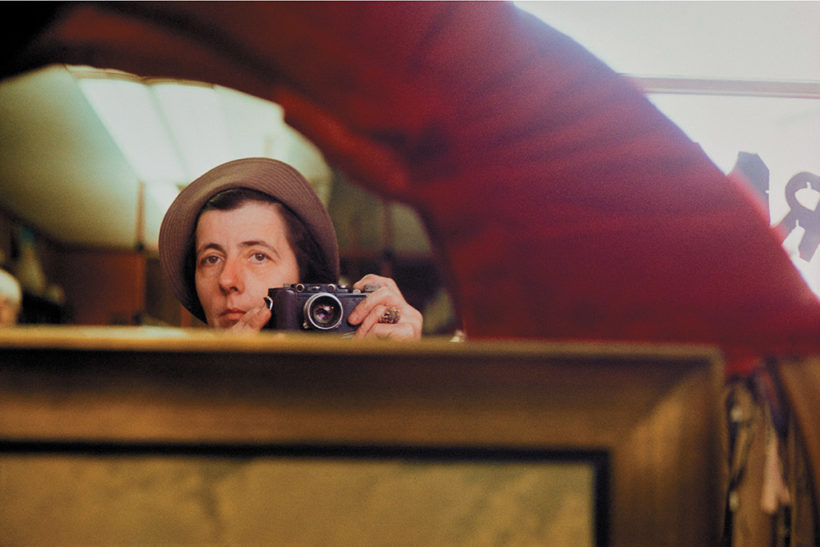
Unknown as a photographer in her lifetime, Maier’s images are now highly prized
First and foremost, always get your work out there, in whatever shape or form.
We photographers are rarely the best judges of our work, and while criticism or rejection – failing a distinction, failing to get shortlisted in a competition – can be upsetting, we have to break through this and ‘just do it.’
While Maier was an intensely private person, her life might have been very different had she developed and circulated her work.
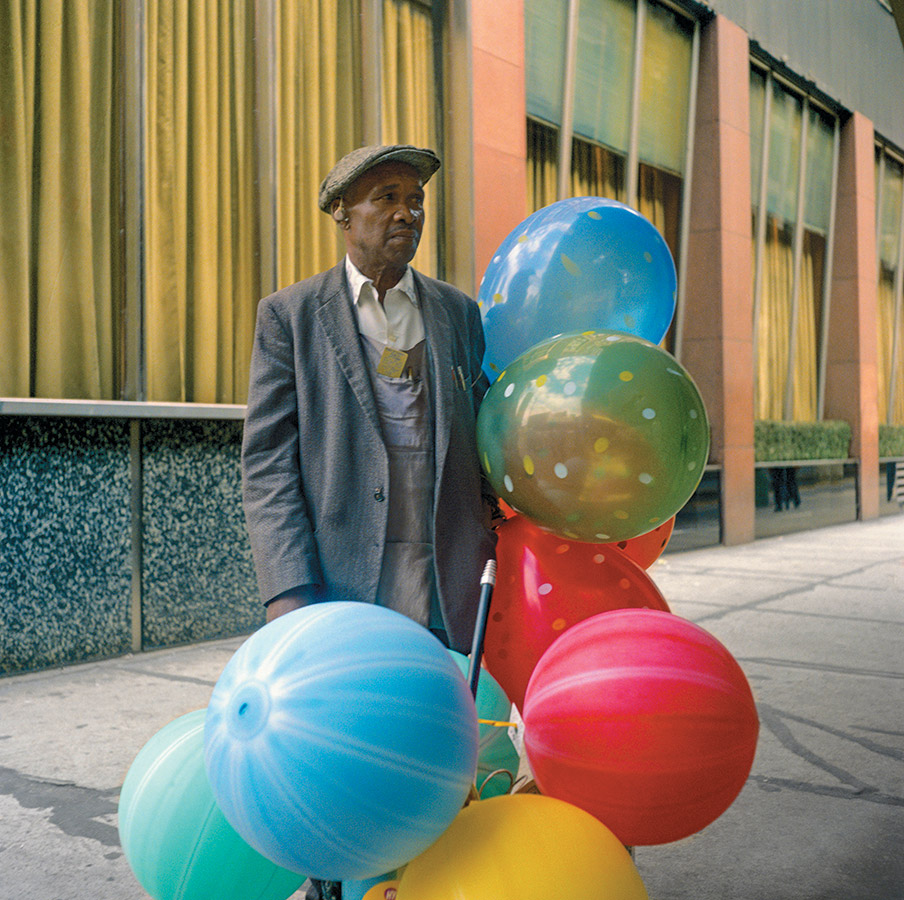
Maier was a master of colour as well as black and white street photography
Street legend Joel Meyerovitz mused in the movie that some people’s character holds them back from achieving their true creative potential, so if you do suffer from insecurity or ‘imposter syndrome’, try and work through this.
Eventually you’ll get a thicker skin and feedback will make you a better artist. You might take 1000 photographs that nobody cares about, but so what? In the next batch, the response may be entirely different. We are not fortune tellers.
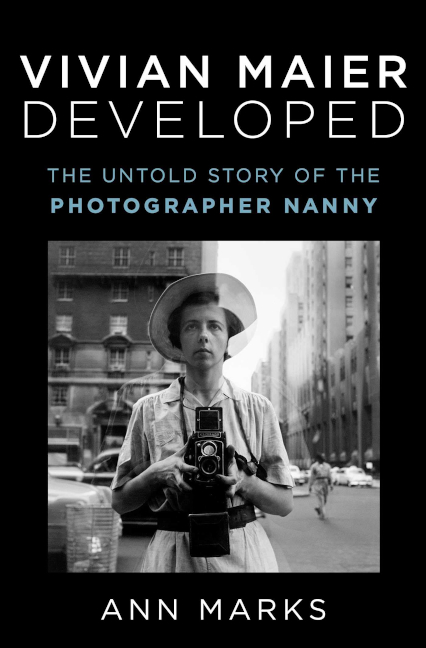
As well as the excellent Finding VIvian Maier documentary, check out this inspiring new biography
Yes, photography can be a rewarding solitary pursuit, beneficial to both our mental and physical health, but it’s also about communicating and sharing a vision. If Maloof hadn’t bought those unloved boxes, Maier’s monumental canon may have ended up in landfill.
Second, don’t feel bad if you don’t enjoy photo editing or printing – get a professional to do it. The documentary reminded me that Cartier Bresson hated printing, so never use this an excuse not to share your work. There are lots of reasonably priced printing and editing services out there.
Third, if you are interested in street and documentary photography, cultivate your inner journalist. Maier had a deep curiosity about the world and US society and would go around interviewing strangers for their thoughts on political stories like Watergate – even though this would never get published.
You can see this deep curiosity about the world reflected in her work. I’m not saying you or I will become the next Vivian Maier, but don’t let feelings of inadequacy ever cause your light to be hidden under a bushel. Don’t grind to a halt through perfectionism either. As they say in Silicon Valley, ‘done is better than perfect.’
Further reading
The Untold Story of Vivian Maier
Essential Street Photography Tips
Best cameras for street photography

